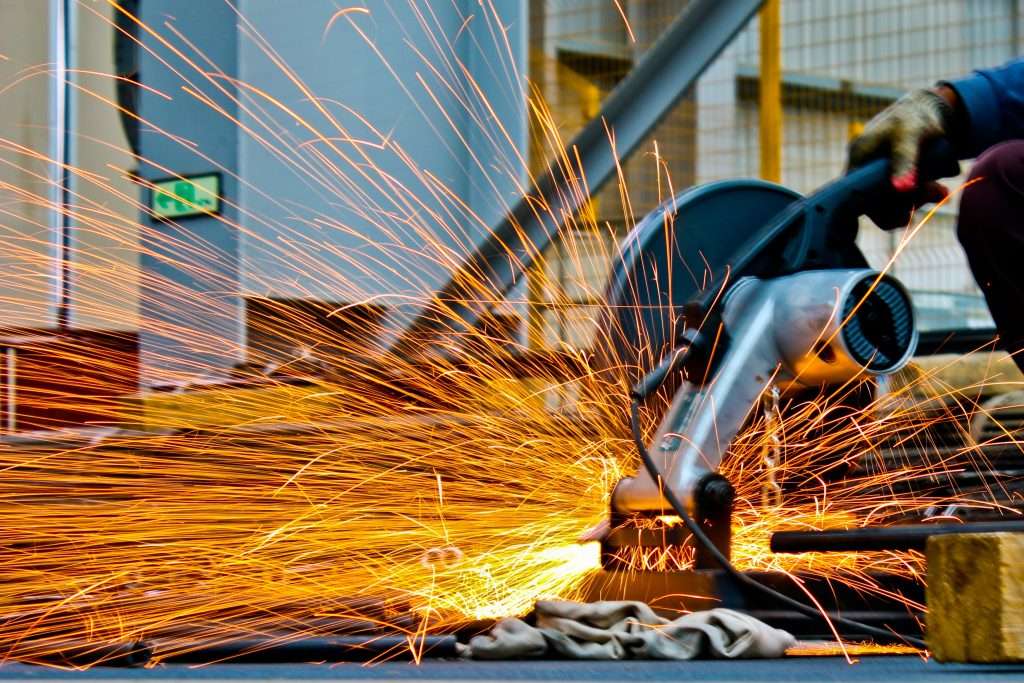

If your business operates with the use of work equipment and machinery, you’ll need to be aware of your responsibilities under the PUWER regulations. Put simply, they exist to make working life safer for everyone using and coming into contact with machinery and equipment.
PUWER stands for the Provision and Use of Work Equipment Regulations 1998 (1999 in Northern Ireland). PUWER replaces the Provision and Use of Work Equipment Regulations 1992 and builds upon the requirements of the Health and Safety at Work Act 1974.
What do the PUWER regs cover?
As part of making the workplace safer for everyone who operate equipment, a business must ensure that machinery is:
- Suitable for its intended purpose
- Regularly maintained to ensure safety
- Only used by people who have received adequate training
- Inspected by a competent worker
The PUWER regulations apply to any business or not-for-profit that uses or controls work equipment – it is a legal obligation to follow them.
Staying compliant of the regulations, therefore, needs to be built into the way that your business operates with regular equipment upgrades and a proactive approach to maintenance.
If that sounds like an expensive way to run a business, it doesn’t need to be. You can spread the cost of acquiring new equipment with Shire’s B2B finance and leasing options – protecting cash which can be used to invest in regular staff training and maintenance checks.
How regularly should you maintain your equipment?
The PUWER regs mean it’s on employers to ensure that they only commission equipment as being ‘fit for use’ once a suitable and competent person has checked to ensure that it has been constructed and, if necessary, adapted to be suitable for the purpose it is used or provided for.
Therefore, it’s imperative that you take account of the working conditions and health and safety risks in the workplace when selecting work equipment – not only to make your life easier but to protect the safety of anybody who uses the equipment.
Over time, you must ensure all work equipment is maintained in an efficient state, in efficient working order and in good repair – where a machine has a maintenance log, keep this up to date.
The PUWER regs also state that where the safety of work equipment depends on the manner of installation, it must be inspected after installation and before being put into use.
You should be proactive when it comes to inspecting work equipment. Where work equipment is exposed to deteriorating conditions liable to result in dangerous situations, it must be inspected to ensure faults are detected in good time so the risk to health and safety is managed.
It’s all about minimising the risk of accident or injury resulting from a piece of work equipment. And to do that, you need to be cash-savvy and ensure you have the funds to maintain equipment in the long term. Buying equipment outright could well be counterintuitive to this, so consider leasing instead which allows you to alleviate cash flow by spreading the cost.
What training is required for staff?
When it comes to training, you’re required to ensure that all people using, supervising or managing the use of work equipment are provided with adequate, clear health and safety information. This will include, where necessary, written instructions on its use and suitable equipment markings and warnings.
Ensure that all people who use, supervise or manage the use of work equipment have received adequate training, which should include the correct use of the equipment, the risks that may arise from its use and the precautions to take
Where the use of work equipment is likely to involve a specific risk to health and safety (e.g. woodworking machinery), ensure that the use of the equipment is restricted to those people trained and appointed to use it.
Assessing risk
You have a legal obligation to protect yourself and your workers when using machinery or equipment, which should be done by carrying out a risk assessment involving:
- Identifying hazards and making a note of anything that can cause harm
- Assessing risks by considering the chance of harm actually being done (this helps you to work out what action to take to eliminate and reduce those risks
- Eliminating and reducing the risks by asking yourself whether it’s possible to eliminate any of the risks, perhaps by working out different ways of doing things
- If it’s not possible to eliminate all the risks, listing ways to reduce them and identifying the precautions to take.
Failing to adequately and accurately assess risk can prove extremely costly. In 2019, car manufacturer Renault was heavily fined for breaching PUWER regulations – in addition to Lifting Operations and Lifting Equipment Regulations (LOLER) – which amounted to more than £200,000.
Speaking after the hearing, HSE Inspector Jane Wolfenden said: “These breaches could have led to a very serious incident and it is fortunate nobody was injured as a result.
“This case highlights the importance of maintaining work equipment in a safe condition in order to protect workers from danger.”
If a piece of equipment is no longer safe for use and cannot be suitably repaired, consider renewing it.
Get in touch today to find out more about how our equipment finance and equipment leasing solutions can keep your business fully functioning.

